Enhance Your Camping Experience with Your Smartphone
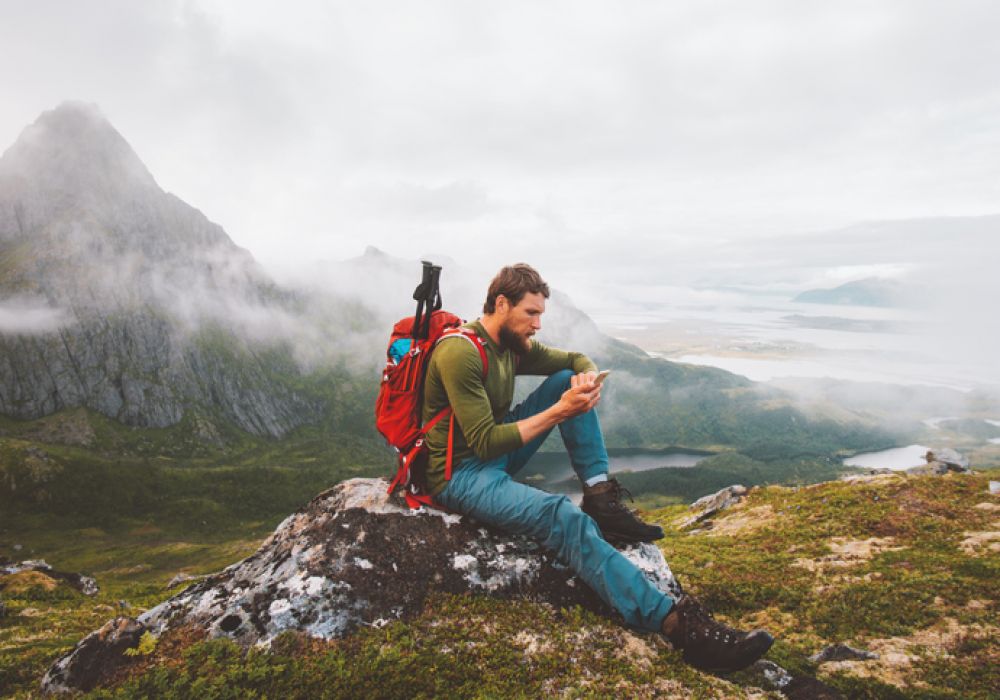
Reading time: 7 minutes
So, you're going on a camping trip
According to thedyrt.com, a popular website used by campers to find and book campsites, more than 35 million Americans went camping in 2022. It makes sense that they brought camping gear, but it might surprise you to learn that they brought their phones, too.
In fact, the nearly two-thirds of Americans who own a cell phone are not only taking their phones on vacation, but they're also discovering how their devices can make their trips more fun. As it turns out, smartphones lend healthy doses of entertainment and convenience to a camping trip.
Roughing it doesn't mean foregoing the campfire selfie, the quick pic of a colorful plate, or the helpful use of maps and navigation during a hike. It also doesn't mean you can't play music or watch a movie if you'd like. Bringing your smartphone is a smart decision.
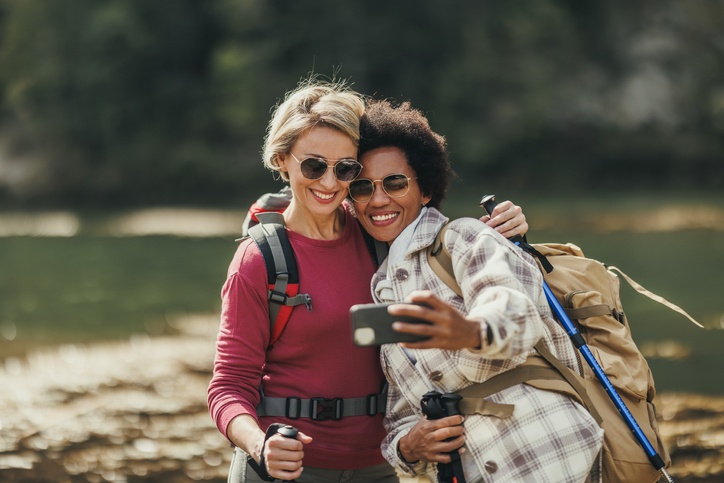
Use your smartphone to stay safe with Google Maps or other GPS navigation apps
Your smartphone comes equipped with a compass and GPS navigation, making it easier than ever to find your way around. If you're going out into the backcountry, don't rely on cell coverage—you might not have it! Instead, download your route maps and trail maps before you leave.
If you have cell reception, use Google Maps. It's a powerful tool to examine actual conditions on the ground ahead of time, explore potential routes, destinations and to find scenic view spots. In addition, Maps.me. is a free app that can help you get directions to your trailhead (and back home), whether you have cell service or not. You'll just need to have your region downloaded prior to losing service in order to use it.
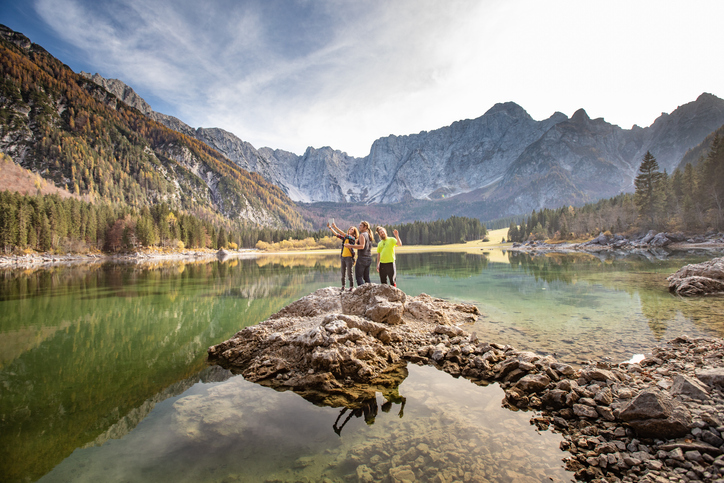
It may take a few hours to learn how to use your GPS app properly, so make sure to spend some quality time with it. Download some maps to your device, then take it out for a test spin on a short hike. Reference the map often until you're comfortable enough to understand how to use it properly.
Use GPS navigation and mapping apps to find your way around the camping area, mark important locations like your campsite, water sources, and hiking trails. Such specialized outdoor navigation apps can be very handy.
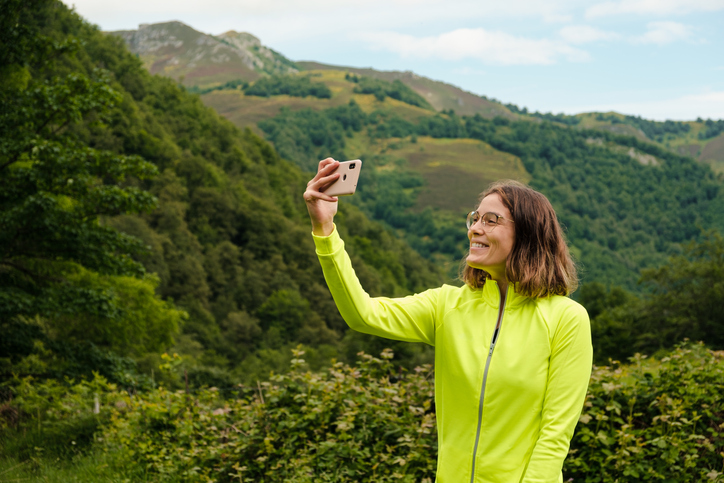
Your smartphone can help you keep an eye on Mother Nature
To stay informed about the weather conditions in your camping area, check out the numerous apps that provide real-time forecasts. These will help you plan your activities accordingly and stay prepared for changing weather.
Pro tip: Keep an eye on your phone battery
Once upon a time, going backpacking, camping, and hiking meant that you would be getting away from modern life. But these days, as we said earlier, you're most likely bringing a smartphone along for the adventure.
That's why conserving battery life is a prime concern when traveling in the backcountry. A dead phone will obviously be useless to you, and if you're dependent on your phone for navigation (which you shouldn't be), you could be in a really bad spot.
On that note, let's look at how to preserve battery life
Here are a few tips to maximize your phone's battery life on the trail:
Leave your phone in airplane mode and low power mode. Batteries can last around 4-5 days with light use on these settings. (Having it in airplane mode will also prevent any unwanted messages or emails from reaching you while you're trying to spend time unplugging and relaxing!)
Don't record your tracks. This will drain your battery life big time.
Close all other apps and turn off your phone when you're not using it. If you're camping someplace cold, sleep with your phone in your sleeping bag. Cold temperatures can drain your battery overnight even when your phone is off.
Interested in more tips on preserving the life of your battery? We have several right here.
Pro tip: Try a mobile hotspot for an enhanced camping experience
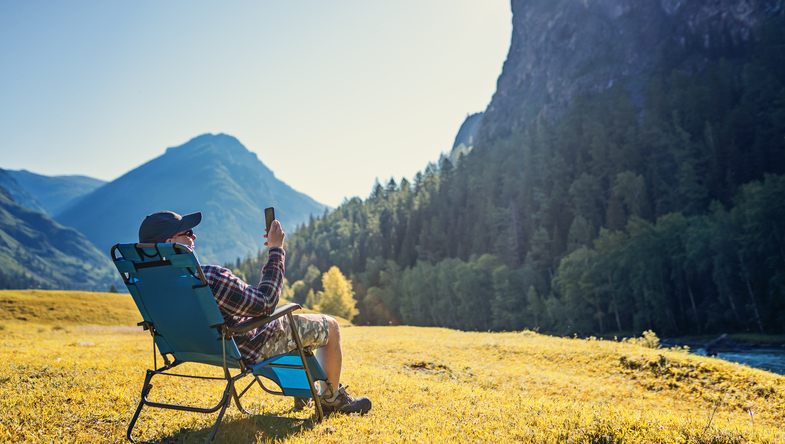
A mobile hotspot can significantly enhance your camping trip by providing internet connectivity in areas where Wi-Fi signals are weak or unavailable. Here are several ways a mobile hotspot can improve your camping experience:
Stay Connected:
A mobile hotspot allows you to stay connected with your family and friends, especially in emergencies. It's also great for sharing your camping experiences through social media or instant messaging.
Emergency Communication:
In case of an emergency, having a mobile hotspot can be a lifesaver. You can quickly access maps, contact emergency services, or look up crucial information.
Work and Productivity:
If you need to work remotely or respond to important emails, a mobile hotspot ensures that you have a reliable internet connection. It's especially useful for digital nomads or freelancers who need to balance work and leisure.
Entertainment:
With a mobile hotspot, you can stream movies, music, or TV shows during your downtime. This can be particularly valuable if the weather keeps you inside your tent or if you want to relax after a day of outdoor activities.
Navigation and Information:
Access maps and navigation apps in real-time. You can plan your hiking routes, explore nearby attractions, and find essential services like grocery stores or medical facilities.
Learning and Research:
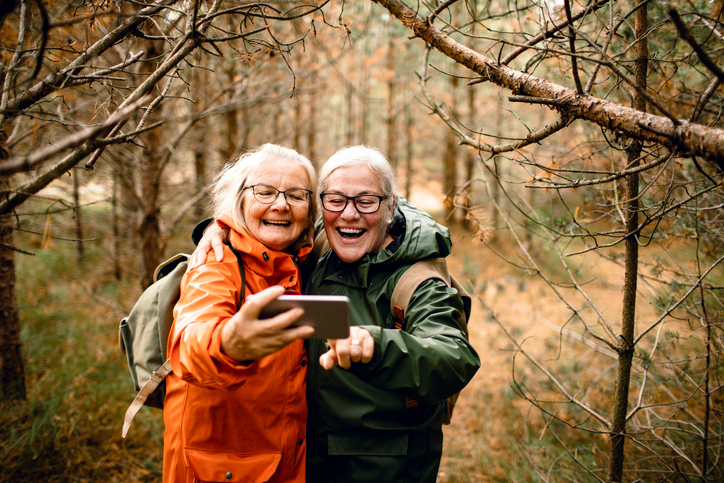
If you're interested in the flora, fauna, or history of the area you're camping in, having internet access allows you to research and learn more about your surroundings.
Weather Updates:
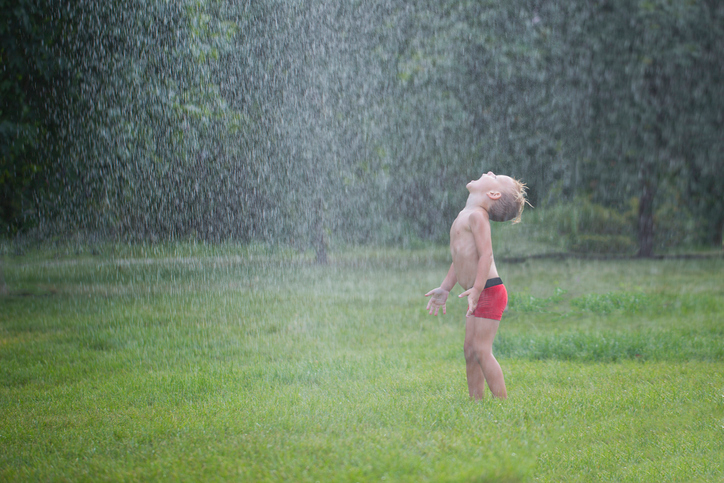
Stay updated with real-time weather forecasts, ensuring you are prepared for any changes in weather conditions.
Campsite Booking and Reviews:
Use the internet to find nearby campsites, read reviews, and make reservations on-the-go. This flexibility can be especially helpful during peak camping seasons.
Language Translation:
Mobile internet can enable you to use language translation apps, helping you communicate with locals if you're camping in a foreign country.
Online Reservations:
Access online reservation systems for nearby restaurants, tours, or other activities. This is especially helpful if you want to plan activities outside of your camping site.
When using a mobile hotspot for camping, be mindful of your data usage, as some remote areas might not have high-speed connections, and excessive data usage could lead to slower speeds.
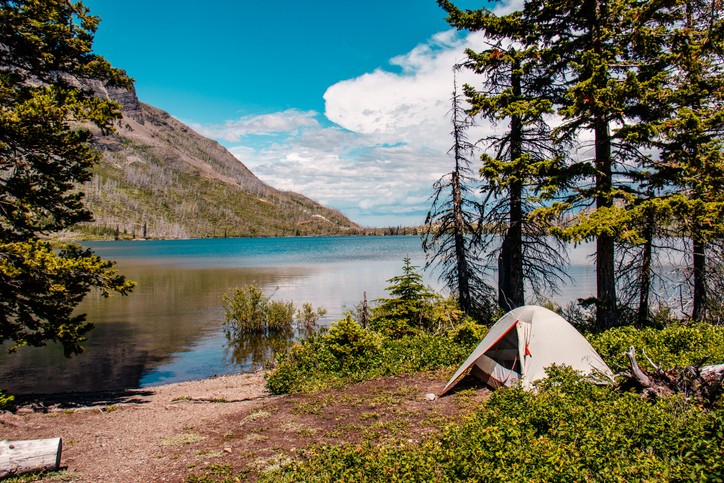
Additionally, always secure your hotspot with a strong password to prevent unauthorized access. Lastly, consider having a backup power source, like a portable power bank, to keep your mobile hotspot and other devices charged, especially if you're camping for an extended period.
Deplug for a digital detox
Taking a break from technology, also known as deplugging, is an excellent way for campers to spend the camping experience. Whether camping as a family or with your colleagues, a digital detox helps clear your mind allowing you to practice mindfulness and cherish your surroundings.
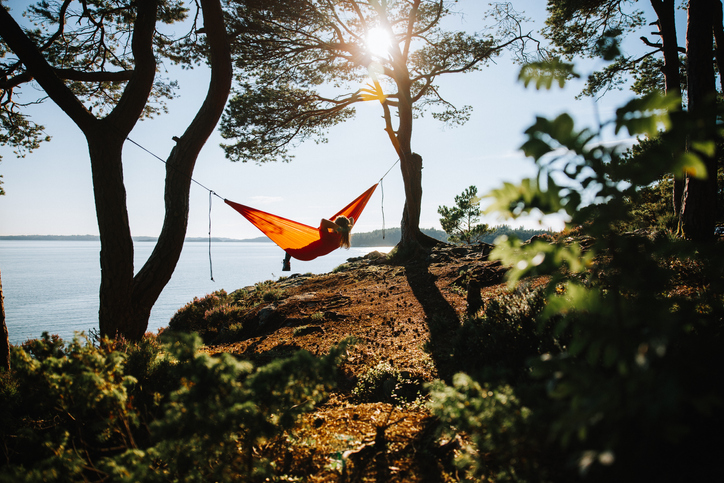
Turn your phone completely off. You won't be distracted by technology, and being unreachable is an extremely freeing feeling when you're trying to enjoy the backcountry.
Final tips for a great camping experience
Prepare for water: When camping, it's always possible you'll be exposed to weather and, if you plan to be around water, your phone might get wet. The cheapest and easiest way to add substantial waterproofness is to secure the phone in a Loksak. These waterproof bags are capable of keeping your phone dry even if submerged.
Let there be music: Create a huge playlist on Spotify ahead of time, then save it for offline use. It's lovely to spend time in nature while listening to your favorite music.
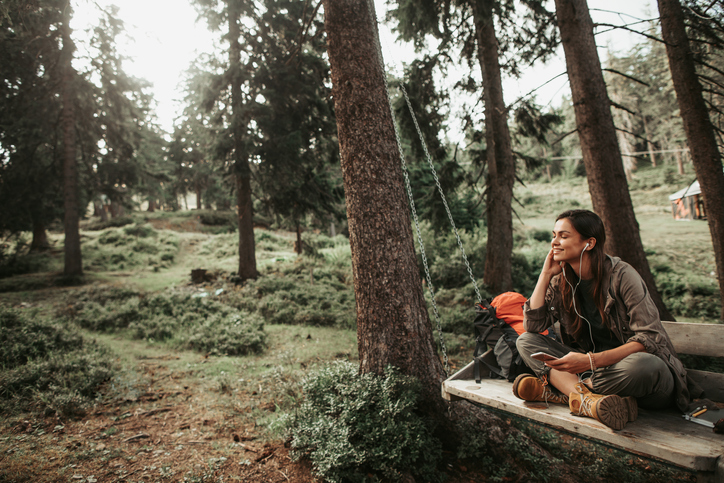
Get into nature: There are apps that can help you identify animal tracks, plants and birds you encounter during your outdoor adventures. These apps use image recognition technology to provide information about the flora and fauna around you. Download a few and make new discoveries.
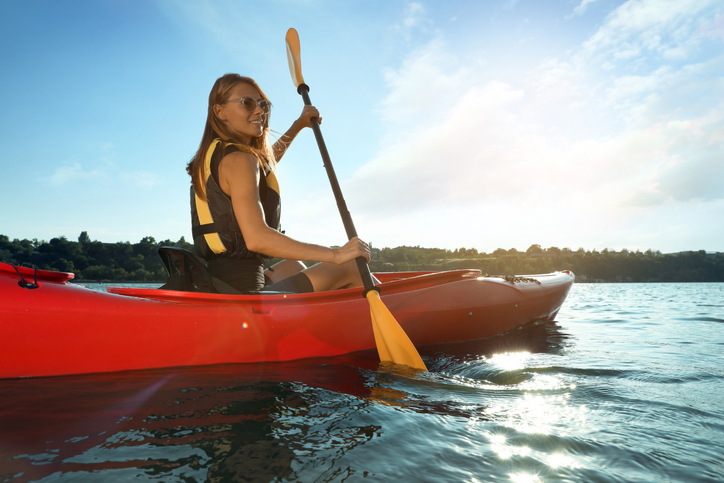
As we've seen, there are plenty of ways your smartphone can enhance your camping trip, but don't forget that putting it down and simply enjoying the experience with your family or fellow campers is important, too. Get out there and enjoy what you're doing, where you are, and who you're with.
Happy camping!
Now that you're well versed on why it's smart to bring your smartphone on your camping trip, it's time to educate yourself on all the ways to save with PureTalk. Phone plans start at just $20 a month for unlimited talk, text & 3GB data and 2GB hotspot, and tablet plans start at $10 a month with 2GB of data. PureTalk gives you more. More data and hotspot on every plan for the same price.
Posted 6 months ago
